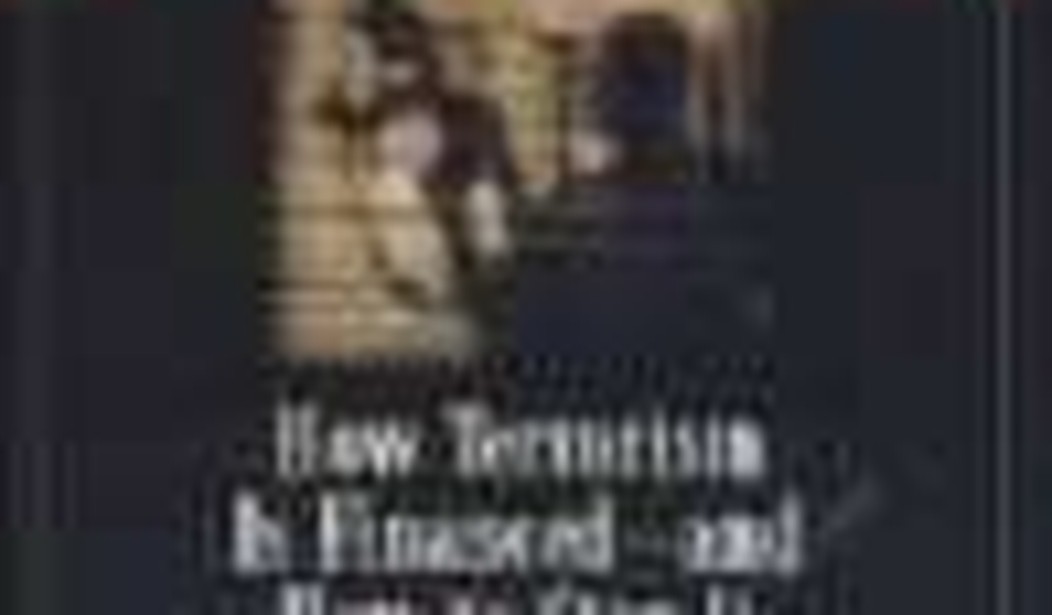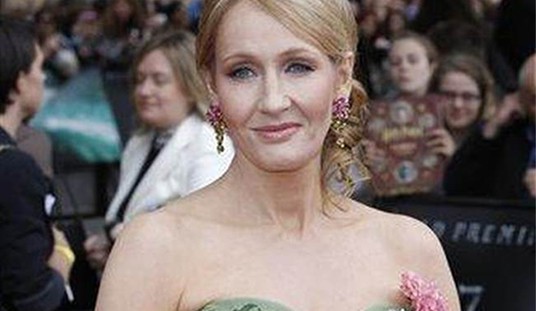Since March 2002, Saudi billionaire Khalid bin Mahfouz has sued or threatened to sue in England at least 36 writers and publishers – including many Americans – who have documented his financial contributions to al Qaeda and other Islamic terror groups, through his Muwafaq (Blessed Relief) foundation, and the Saudi National Commercial Bank he owned. Everyone settled with bin Mahfouz, – except me.
England’s libel laws favor the individual’s rights over the public. They allow bin Mahfouz and other terror financiers, known as “libel tourists,” to veil in secrecy their funding of al Qaeda, other Islamic terror organizations and global propagation of radical Islam. British laws earned the U.K. the label–“libel capital of the Western world”–and rained wealth on Britain’s libel bar.
Bin Mahfouz’s legal “victories” in London had the desired effect he and other Saudi terror financiers sought – silencing of the media even in the U.S. where the First Amendment protects writers and publishers. But American book and newspaper publishers are not willing to risk expensive lawsuits in London. Many refuse to publish even the most comprehensively documented reports on alleged wealthy Middle Eastern funding terrorism.
Bin Mahfouz sued me in London in January 2004, shortly after the U.S. publication of my book Funding Evil: How Terrorism is Financed – and How to Stop It. I refused to acknowledge the jurisdiction of a British court over a book published here; the court then ruled for bin Mahfouz by default, enjoined British publication of Funding Evil, awarded bin Mahfouz $225,900 in damages and expenses and ordered me to publicly apologize and destroy the book. I refuse to acknowledge the British Court or its ruling.
Bin Mahfouz would not enjoy success were he to sue me for libel in U.S. The facts in Funding Evil are well documented by the media and the U.S. Congress, courts and other official statements.
On October 12,2001 the Treasury Department designated as a terrorist, the director of bin Mahfouz’s Muwafaq foundation, Yasin al-Qadi. The Treasury report described the direct support from Muwafaq to bin Laden, quoting the latter’s statement that “The bin-Laden Establishment’s aid…comes in particular from the Human Concern International Society [based, and operating in Gloucester, Ontario]… [and] includes Muwaffaq Society in Zagreb.” The report continues, …”$3 million from the National Commercial Bank, which was run by Khalid bin Mahfouz, [were deposited] into the accounts of the Blessed Relief and other charities that serve as a front for bin Laden.”
Further corroboration comes from the French General Directorate of External Security (DGSE), as reported last summer in the French daily, Le Monde. The DGSE reported that, in 1998, it knew bin Mahfouz to be an architect of the banking scheme built to benefit Osama bin Laden, and that both U.S. and British intelligence services knew it, too. Strangely, neither bin Mahfouz nor his foundation were designated by U.S. authorities as supporting terrorism.
Since British libel law favors suits such as bin Mahfouz’s, and the First Amendment protects U.S. journalists reporting on public issues, I chose to fight his false claims in America. I sued in a New York federal court, for a declaration that bin Mahfouz’ English default judgment is unenforceable in the United States, because it violates my First Amendment rights.
Prominent civil-liberties lawyer Harvey Silverglate described it as “one of the most important First Amendment cases in the past 25 years.”
On June 8, the Second Circuit Court of Appeals unanimously declared my case is “ripe” for hearing in a U.S. court, noting that the case has implications for all U.S. authors and publishers, whose First Amendment rights are threatened by foreign libel rulings.
The ruling thus established that all U.S. writers and publishers sued for libel in other countries, can ask U.S. courts to rule the foreign decisions unenforceable here – provided they have jurisdiction over the person who sued for libel overseas. In my case, the New York Court of Appeals will hear arguments on November 15.
This important legal decision weakened bin Mahfouz’ ability to threaten or sue U.S. authors and publishers. Shortly afterwards, bin Mahfouz threatened to sue Cambridge University Press (CUP), the publisher of Alms of Jihad: Charity and Terrorism in the Islamic World, but refrained from including the book’s two American writers, J. Millard Burr and Robert O. Collins.
Facing the mere threat of a lawsuit from Saudi billionaire Khalid bin Mahfouz, Cambridge University Press — the world’s oldest publishing house — agreed in Britain’s High Court on July 30, to pulp all the unsold copies. When the American authors rightfully refused to join, CUP issued a public apology, which in fact defamed the authors. CUP also paid substantial undisclosed damages, a huge “contribution” to a charity of bin Mahfouz’ choice, and sent letters to more than 200 libraries worldwide, asking to pull the book off their shelves. CUP’s capitulation handed an important victory to the Saudis’ financial jihad against free speech.
Winning my case against bin Mahfouz will not change the British ruling against me. But judging by the impact my case has had already one can hope that U.K. writers and publishers would demand changing their libel laws, to allow the freedom of responsible publications without the fear of intimidating, expensive lawsuits.
If foreigners wish to sue Americans for exposing threats to our national security, they are welcome do so in the U.S., under the First Amendment laws. But Congress should terminate this form of Financial Jihad – silencing the media by intimidation – and costly foreign libel suits on matters governed by U.S. jurisdiction.
To better protect our freedom of speech, Congress could reinforce the First Amendment with a new statute prohibiting enforcement of foreign libel judgments in the U.S., whenever American authors and publishers report responsibly on terror -related and other national security threats.
We are at war with enormously wealthy and determined enemies. We should prevent their use of their tremendous wealth to deprive American writers from exposing actions that threaten our safety and freedoms.
Rachel Ehrenfeld is the director of the American Center for Democracy www.acdemocracy.org, and member of the Committee on the Present Danger.









Join the conversation as a VIP Member